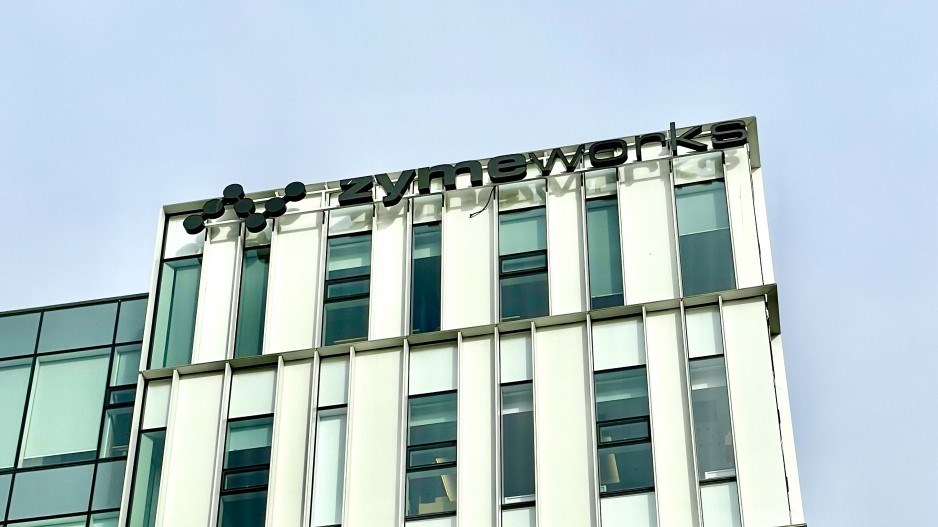The U.S. Food AND Drug Administration (FDA) has granted accelerated approval of a new drug for treating bilary tract cancer that was developed by Vancouver’s Zymeworks Inc. (Nasdaq: ZYME) under a licensing and commercialization agreement with Jazz Pharmaceuticals.
The new drug, Ziihera, could net Zymeworks more than $1 billion just in milestone payments, and millions more in royalties, upon full commercialization.
Gaining the FDA’s accelerated approval triggers a $25-million milestone payment to Zymeworks from Jazz Pharmaceuticals – the first of more to come, should other milestones be reached.
Under its licensing agreement, Zymeworks is eligible for up to $500 million in regulatory milestones, $862.5 million in commercial milestone payments, and royalties of 10 to 20 per cent on sales.
“This approval represents the first FDA-approved therapy in Zymeworks’ pipeline, and validates the company’s novel Azymetric bispecific platform technology and internal research and development capabilities for novel multifunctional medicines,” Zymeworks says in a news release.
“The FDA’s accelerated approval of Ziihera marks the culmination of more than a decade of research and development at Zymeworks, highlighting our deep scientific expertise in multifunctional biotherapeutics and unwavering commitment to innovation in drug development,” said Paul Moore, Zymeworks’ chief science officer.
Ziihera is one of several variations of the bispecific antibody Zanidatamab that Zymeworks developed for treating various types of cancer, and one of three in the advanced “pivotal” trial phase. Several others are at phase 2 in clinical trials.
In 2022, Zymeworks entered a licence and collaboration agreement with Jazz Pharmaceuticals Ireland Ltd -- a subsidiary of Jazz Pharmaceuticals plc -- for the exclusive development and commercialization rights to Zanidatamab in the U.S., Europe, Japan and other countries.
A published last year in The Lancet concluded that Zanidatamab “demonstrated meaningful clinical benefit with a manageable safety profile in patients with treatment-refractory, HER2-positive biliary tract cancer.”




